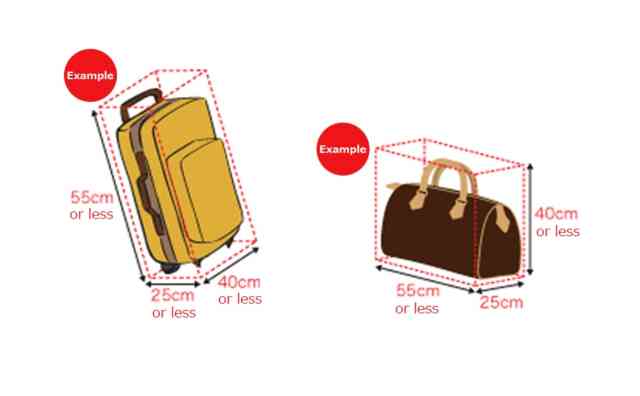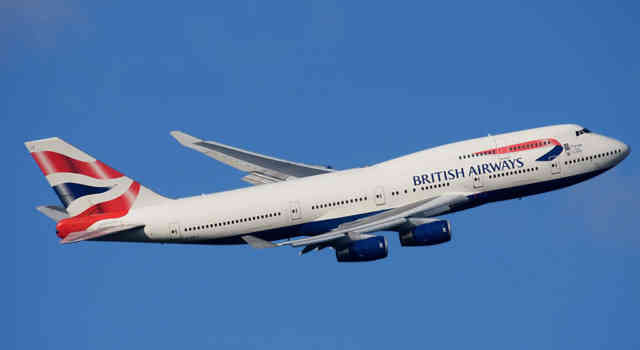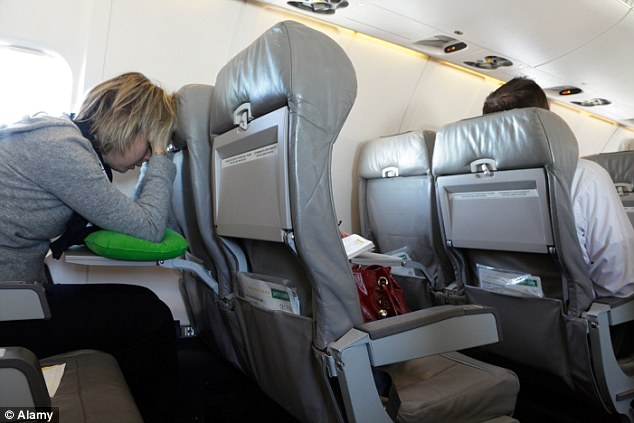If you have flown for quite a bit, you probably have had an encounter with the baggage phenomenon, or at least, know someone who has. It is loosely defined as inconsistency in the delivery of accompanied luggage and normally experienced at termination of flight. Sometimes bags coming off the airplane for collection are in a damaged state or with some of their contents removed. On other occasions, checked baggage end up not completing the same journey as the passenger it was meant to accompany.
According to the IATA Baggage Report 2017, there were 5.73 mishandled bags for every 1000 arriving passengers in 2016, an improvement on 7.53 per 1000 in the previous year. It generally translates into a marginal chance for something untoward to happen to checked possessions in the duration of mandatory airline stowage. In consideration of the numbers, the odds are such that they pose much less of a threat to warrant widespread alarm.
It is common practice to automatically fit oneself within the majority when statistics allude to the lightning striking twice. However, the narrow end of mishaps in this case also moulds into the notion of a petty cash fund. Scant thought is given to the fact that it is referred to in those terms on the basis of its size vis-a-vis the main bank account. Functioning as a subordinate to, say, a $300m current account makes it less likely for an official contingency float to be in the order of a pinch of salt. It would most probably come across, at least to those who are out of the loop on local facts, as a tidy sum. Likewise, the collective volumes of baggage traffic is of such magnitude – billions of them in 2016 – that the seemingly negligible proportion of mishandled pieces nevertheless makes up a kind of figure that is sort of an engraving in the wall.
The underlying reason why the frequency of baggage mishaps smacks of a buffer is something you can't help, really. Numbers look safe on paper but the sensitivity of stakes casts a different light on an otherwise keen story.
On the heels of imaginary contribution to faults, airline occasional failure to deliver peoples' belongings according to the conditions of carriage are attributed to behind-the-scenes technical challenges. Among them are various aspects of human fallibility, adverse weather conditions, mechanical failure of support infrastructure, industrial strikes or just bad day's work. Basically, baggage mishandling is pretty much random in nature.
When the unexpected happens to your baggage in transit, you will of course, find it upsetting and in some cases, acutely aggravating. While a great many complaints are resolved without much further ado, the few in need of redress often get to the wrong side of the courtesy mantle. It is because the language of a process governing reward of claim for mishandling assumes a tone that implies a transporting carrier is off the hook.
To register a complaint against poor baggage delivery with the relevant airline introduces a passenger to the provisions of international law that time and again proves to be something of a layman's block. It is due to the fact that such claims are subject to restrictive conditions provided for by International Conventions. In every passenger ticket are paragraphs under the heading 'Notice Concerning Carriers' Limitation of Liability'. They spell out in broad terms, the upper limit of airlines' financial responsibility towards settlement of claims for breach of contract. Basically, the public is alerted to detrimental circumstances should certain incidents take place on board an aircraft performing commercial services. Translated, you may not get fair compensation for an unfortunate occurrence while airborne.
Like warnings posted on domestic chemicals which also happen to be harmful to health, the airlines satisfy a legal minimum of alerting buyers in advance and yet still do not come clean on the puzzling part. To cut a long story short, stepping on someone's toe and retain the right whether or not, how and when, to say sorry is vague territory. That is perhaps the simplest analogy of the circumstances, the alienating factor being the term Limitation of liability. With no specific use within the realm of society, the need to relate to it in handling a matter whose outcome should have been common guesswork quite often puts a claimant in a situation equated to filling out a long and complex form in a hurry.
That term Limitation of liability is a mainstay of the world of incorporated organizations on whose behalf the law sets caps on liability for debts and other legal obligations. As you may already know, such entities have a status in contemplation of the law in which they assume a real time existence with rights to ownership of property, bank accounts, logo, insurance policies, owe taxes, wages, bills etc. For these intangible institutions funded and ran by their human owners, it is stipulated that their liabilities arising out of normal business transactions be limited to no more than each individual's financial stake in the organization.
The treaty status of the provisions of international law that enforce those curbs in the case of airlines puts them at loggerheads with conventional instruments which protect cultural norms and ensure peace. For example, the Geneva Convention on refugees allows undocumented foreign nationals fleeing persecution in their home countries entry into another sovereign territory with rules and regulations outlawing illegal migration. The said treaty status of the Convention necessitates waiver of local laws to facilitate implementation of its clauses. (It is not in anyway meant to undermine the noble causes of the Geneva Convention, merely to make a point).
The exception with the Montreal Protocol which governs compensation of baggage loss in air transit is that it is subcontracted to a corporate entity, whose focus is on representing private interests. As a result, a tsunami effect of exposure to a blunt strike on the law of natural justice is fully felt by the consumer. To the contrary, articles of the aforementioned Convention are subcontracted to the government on whose territory the cause for enforcement arises, which unlike individuals, is averse to emotions.
In a nutshell, airlines with a profit-oriented motive are legally granted statutory powers of discharging civic duties, a development which fits into a stereotypical tale of fairness made optional. The legal standpoint, on the other hand, proposes a different perspective to the circumstances, rendering the subject rather complex to follow. It is the latter view that takes precedence.
While it does seem like the traveling public is exposed to a protocol that lacks description in everyday language, there is not much cause for activism. The federal government in the US, including all other national governments had ascended to the Convention in question.
In the end, there is a purpose for traveling by air which is a far cry from prospects of having to bear with a tyrannical legal sense of what is conventional. The well known methods of making it safe with accompanied luggage include
- buying travel cover
- forwarding luggage
It is realistic to say there still are many more flights ahead to enjoy. Only bear in mind the caveats.










